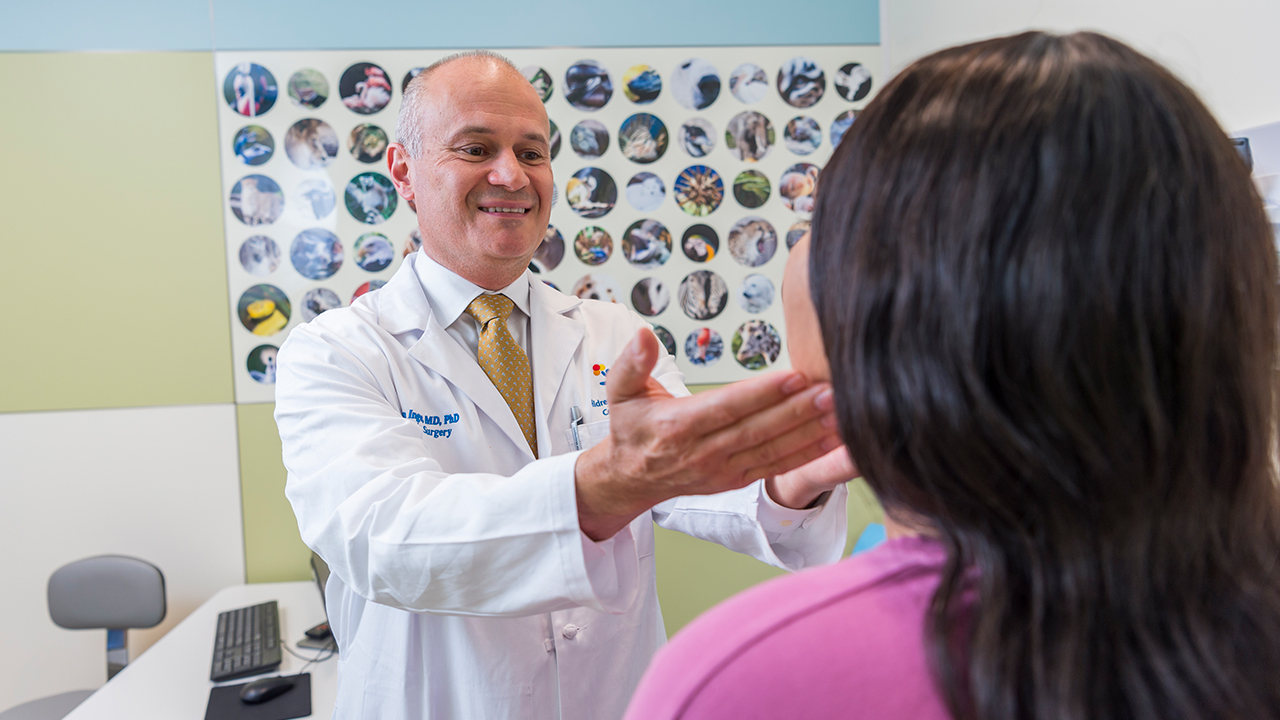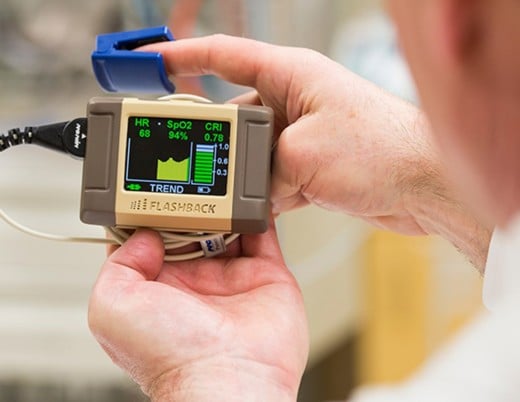It’s well known that metabolic and bariatric surgery helps improve cardiovascular disease risk factors in severely obese adolescents, but what’s the risk versus benefit of surgical intervention?
Thomas Inge, MD, former Director of the Bariatric Surgery Center at Children’s Hospital Colorado, and other members of the Teen-Longitudinal Assessment of Bariatric Surgery (Teen-LABS) Consortium reported on specific predictors of change in cardiovascular disease risk factors for the first time in this age group.
Research methods: Review of data after teens received bariatric surgery
Anthropometric and health status data were collected on 242 adolescents under the age of 19 with class 2 obesity from five centers as part of the Teen-LABS study. The study took place between 2007 and 2011. The following predictors of change in cardiovascular disease risk factors in the first three years after Roux-en-Y gastric bypass (RYGB) and vertical sleeve gastrectomy (VSG) were examined:
- Blood pressure
- Fasting serum lipids
- Glucose homeostasis
- Inflammation
Baseline data was collected within 30 days of the planned bariatric surgery and follow-up data was collected at six months, one year, two years and three years post-operatively.
Research results: Cardiovascular disease risk factor improvements after teen bariatric surgery
The average age of study participants was 17 years and all were severely obese, with an average BMI of 50 kg/m2. The majority of the participants were female (76%) and white (72%).
In addition:

During the three-year period of observation, BMI decreased by 27% overall (28% for RYGB, 26% for VSG and 8% for LAGB).
Additional improvements in markers for cardiovascular disease risk factors over time were as follows:
- Systolic blood pressure declined by 6 mmHg
- Diastolic blood pressure declined by 5 mmHg
- Serum TG levels declined by 42 mg/dL
- Good cholesterol (HDL) levels improved by 15 mg/dL
More specifically:
- High blood pressure was seen in 63% of boys at baseline and was present in only 31% three years after metabolic and bariatric surgery
- High blood pressure was present in 37% of girls at baseline and was present in only 10% three years after metabolic and bariatric surgery.
- The higher the weight at baseline, the higher the chances were for having high blood pressure at baseline.
- The beneficial effects on blood pressure were not only seen in those with high blood pressure at baseline, but even those who had normal blood pressure at baseline showed early and durable decreases in blood pressure at six months. They remained stable at three years. This may indicate that their risk for future development of high blood pressure is lower.
- A major reduction of dyslipidemia was found in 75% of the cohort at baseline and declined to 30% at three years.
- Marked improvements in the lipid profiles of participants without baseline lipid derangements were also found.
- While only 13% of participants had a diagnosis of diabetes mellitus (DM) at baseline, they experienced major metabolic improvement over time during the three-year study.
- These changes occurred in the first six months and no later significant changes were observed.
- There was a significant reduction in clustering of cardiovascular disease risk factors over time.
- At baseline, 97% of participants exhibited one or more cardiovascular disease risk factors; at three years, only 48% demonstrated one or more cardiovascular disease risk factors.
Predictors of cardiovascular disease remission
For every 10% increase in weight loss, participants were more likely to achieve resolution of dyslipidemia, EBP, hyperinsulinemia, diabetes mellitus and elevated hs-CRP. Increasing age at the time of surgery lowered the chance of dyslipidemia remission. Females and whites were more likely than males and non-whites to achieve normal blood pressure by three years.
Research discussion: Timing of bariatric surgery for cardiovascular disease risk factor improvement
This work shows the reduction in specific cardiovascular disease risk factors is associated with weight loss and baseline age, baseline BMI, sex and race. The evidence shows that weight loss after bariatric surgery in adolescents predicts improvements in hs-CRP, insulin, dyslipidemia and diabetes over time.
Since the highest BMI categories have a lower chance of achieving a normal BMI after surgery, the data suggests that the best time to perform bariatric surgery in youth is before achieving BMI values that predict fewer optimal outcomes. It also suggests that the best long-term post-surgical outcomes are achieved in patients with lower BMI levels.
Although improvements in cardiovascular disease risk factors after bariatric surgery are expected, and even with the narrow age range of this population, there are advantages to offer surgery at a younger age.
Research conclusions: Support for bariatric surgery in severely obese teens
This study was the first large-scale, standardized analysis of predictors of change in cardiovascular disease risk factors among a cohort of severely obese adolescents. Researchers found early improvements and overall reduction in many cardio-metabolic risk factors. The specific predictors of normalization and/or remission based on sex, race, preoperative BMI and age at the time of surgery can lead to optimized treatment strategies. The data offers additional compelling support for the use of bariatric surgery in teens.
Featured Researchers
Thomas H. Inge, MD, PhD
Pediatric surgeon
Children's Hospital Colorado





 720-777-0123
720-777-0123










